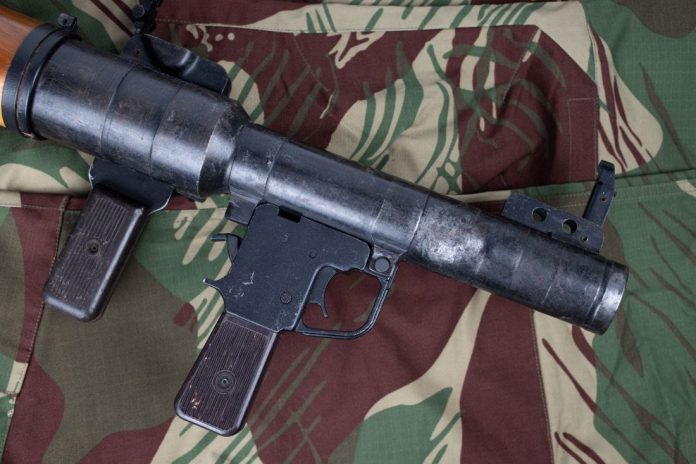Brian Seiler’s parents arrived in Africa during the middle of the Rhodesian War.
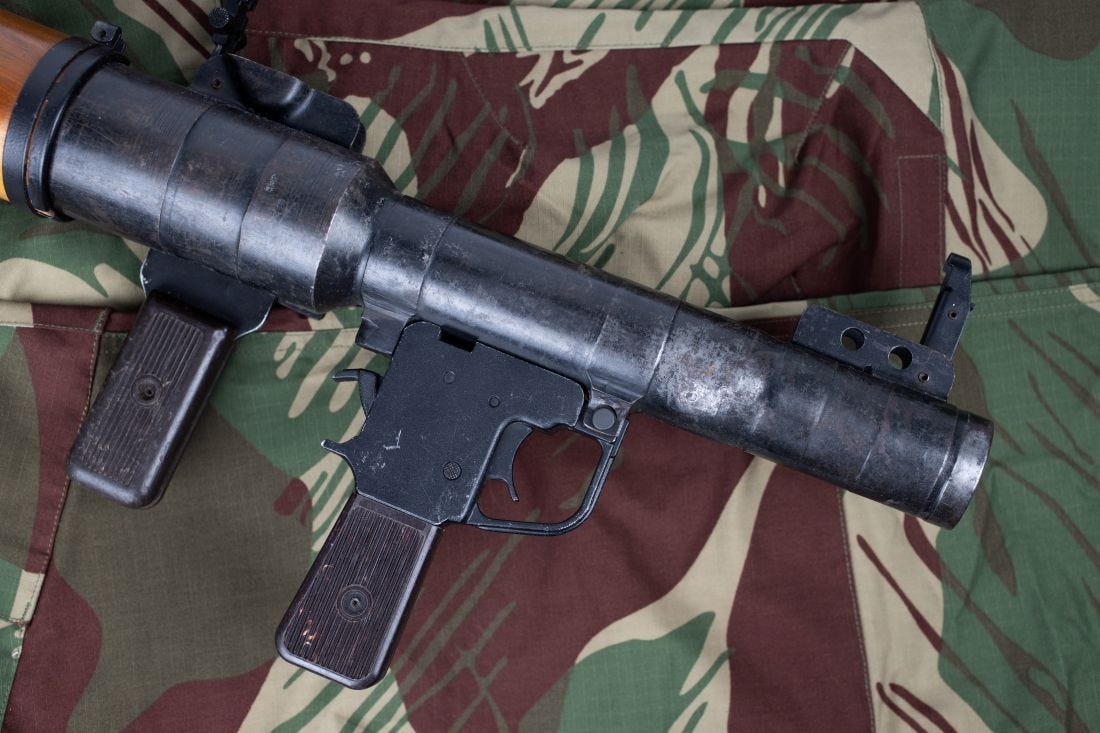
Thank you for reading this post, don't forget to follow and signup for notifications!
by Selous Scout to teach bushcraft and survival skills to her young Scouts. The special forces operator had a large thick beard, Seiler recalls, and he knew the bush better than anyone.
“We’d go out at night and hear animals—owls and impalas,” Seiler said. “The next thing there were lions there, and we’re all huddling around this Selous Scout. I don’t know if he was even armed. He was calm and comfortable. He was used to it. What better training could you have than a Selous Scout?”
Kariba was a unique place to grow up. Elephants stripped limbs off the trees during the day, and leopards prowled rooftops at night. Seiler loved it, despite the ongoing war.
“All of the houses had bomb shelters because Zambia would bomb us,” Seiler said. “Zambia supported terrorism.”
Guns were everywhere. Every adult was constantly armed. Seiler’s parents were American missionaries from Pennsylvania, but they too had guns.
“My dad had brought a Mossberg .308 rifle from the states. They moved right into the middle of the Rhodesian War. My wife Nicki was raised with guns too. Nikki was just six-weeks old when she went on a hunting trip. She slept on a pad covered by a mosquito net,” Seiler said.
“I was born in the capitol of Salisbury, Rhodesia. We say we lived in three different countries without moving: Rhodesia, Zimbabwe Rhodesia, and then Zimbabwe,” he said.
During the war, which lasted from July 4, 1964, to December 12, 1979, any extensive travel always involved an armed convoy, which was led by a military vehicle.
“I remember how we traveled in convoys whenever we left the city. There was this armored pickup that had a big gun mounted in back, one out the front and one out the back,” he said. “The soldiers were always so nice and friendly.”
During one trip the convoy was slowed by an irate donkey, which slowly meandered in-and-out of the lane of travel. Seiler’s family was riding in a Peugeot wagon, when the animal suddenly smashed their windshield with its head and then kicked in a door.
“My dad has a 9mm Luger. He gets out and he’s so mad trying to restrain himself. The whole convoy stops. One of the Rhodesian Army guys hands him his FN, but he never shot it,” Seiler said.
“We traveled in convoys, but our family operated on Africa time, which means we could be there in either 10 minutes or 10 days,” he said. “When we had to meet a convoy, we were always late. We’d get to the convoy point and be told they left 10 minutes ago. We’d then fly and try to catch up. I remember traveling to a little farming town where my wife is from and going through this mountainous area to the other side. We got to the next town and found out over the radio that the car that was traveling behind us got hit by terrorists. That’s how it was growing up during the war.”
Rhodesia was a “typical guerilla war,” Seiler said.
Schools and even preschools would be attacked by terrorists. During his grade school classes, the students would practice low-crawling—known as leopard crawling—to the bathrooms.
“We lived in a farming community. Occasionally, my dad would ride shotgun to pay the staff. He was supposed to go one day but said it didn’t feel right. They went the next day and one of the workers told them the terrorists had been there. A bunch of workers had been killed for giving them ‘false’ information.”
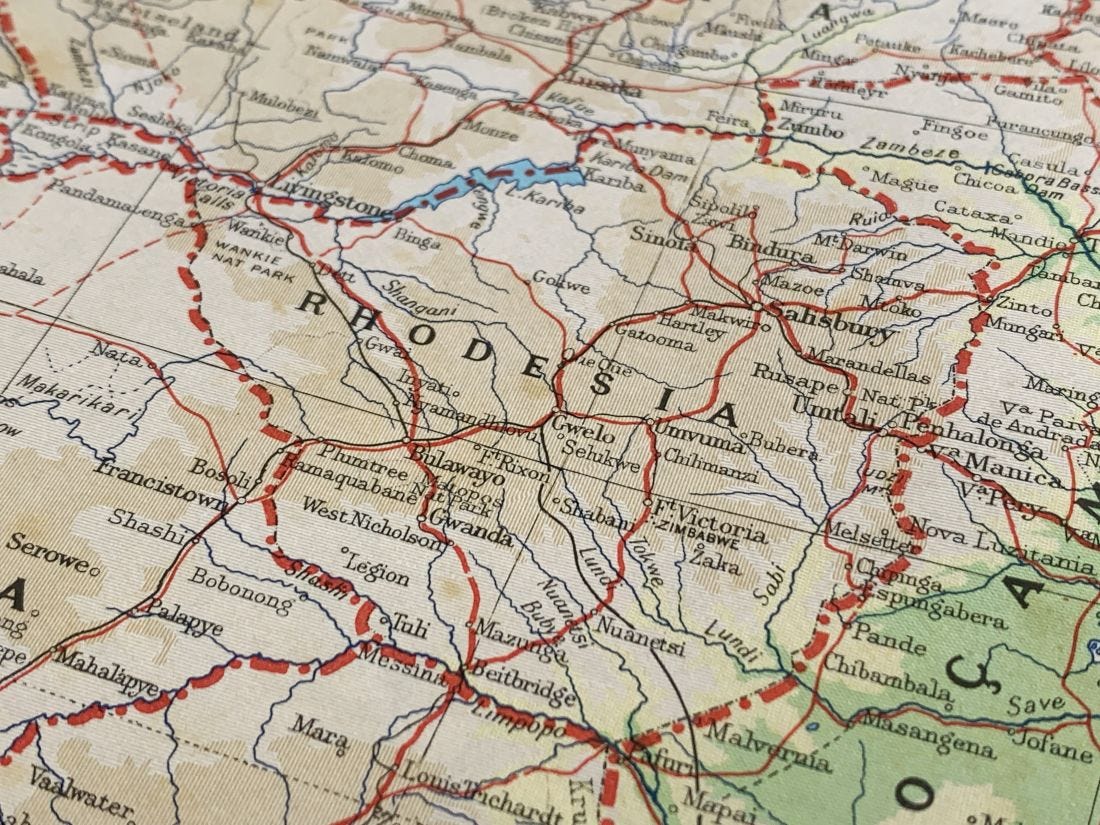
An American family
The war officially ended in 1979. Just one year later, Zimbabwe was not doing well. Robert Mugabe was put in power.
“Then-Senator Joe Biden helped him get in, along with Jimmy Carter. Mugabe said we would have a ‘Rainbow Nation,’ but his biggest allies were China and Cuba. Mugabe was definitely a communist. They started taking farms by force, which started an unknown and unnamed war. Farmers were being knocked off. Mugabe had to appease his war veterans, but he didn’t have any money to pay them because he was stealing it all himself. So, he promised his veterans land—farming land. They would take a farm, cut down the trees and sell them for firewood and then move on to the next farm. The economy was falling apart. Educations was nonexistent,” he said.
Seiler definitely needed some type of home protection, so he purchased a Star 9mm.
“I was only allowed 50 rounds per year,” he said. “We didn’t see a safe future there for our children. We got together and decided we needed to make a move. We got green cards from the U.S. Embassy, and two months later we were on a plane.”
Today, Seiler and his family live in Central Florida. He has 10 acres, so he built his own shooting range. His four sons and one daughter are all in their 20s. His wife, Nikki, became an American citizen. He owns a Liberty gun safe and carries a Glock 43 every day. He’s become addicted to 3-gun shooting and is building ARs for each of his kids.
The Second Amendment, he said, has “evolved with me.”
“Growing up in a war, guns were everywhere. One of the first things Mugabe did was require people to turn in their guns. By us, most of the people’s guns ended up in the bottom of a lake. We had strict gun laws. I wasn’t a gun guy when I arrived, but it became my way of embracing the traditions of America. When my wife was getting her citizenship, the big thing for her was whether you’d take up arms for this country. ‘I am African,’ she said, but she would take up arms for America. She took it seriously,” he said. “Gov. DeSantis has been great. We went from concealed-carry permits to Constitutional Carry to Open Carry. Florida is just a wonderful state.”
Seiler’s kids have learned from their father. His 27-year-old son just purchased his first suppressor. They all own multiple firearms.
Said Seiler: “Thanksgiving is not an African holiday. We never celebrated it during my youth, but it’s become our favorite holiday. We get together with a whole lot of Africans. Last year we had 60 people over. We have lunch and then we shoot until dark.”
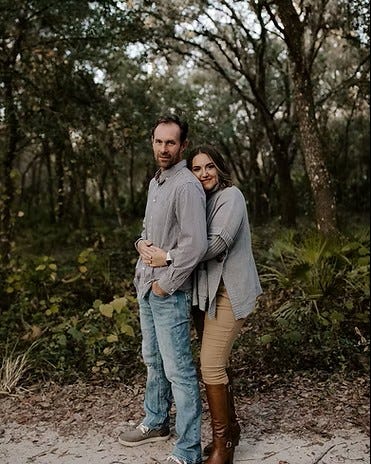
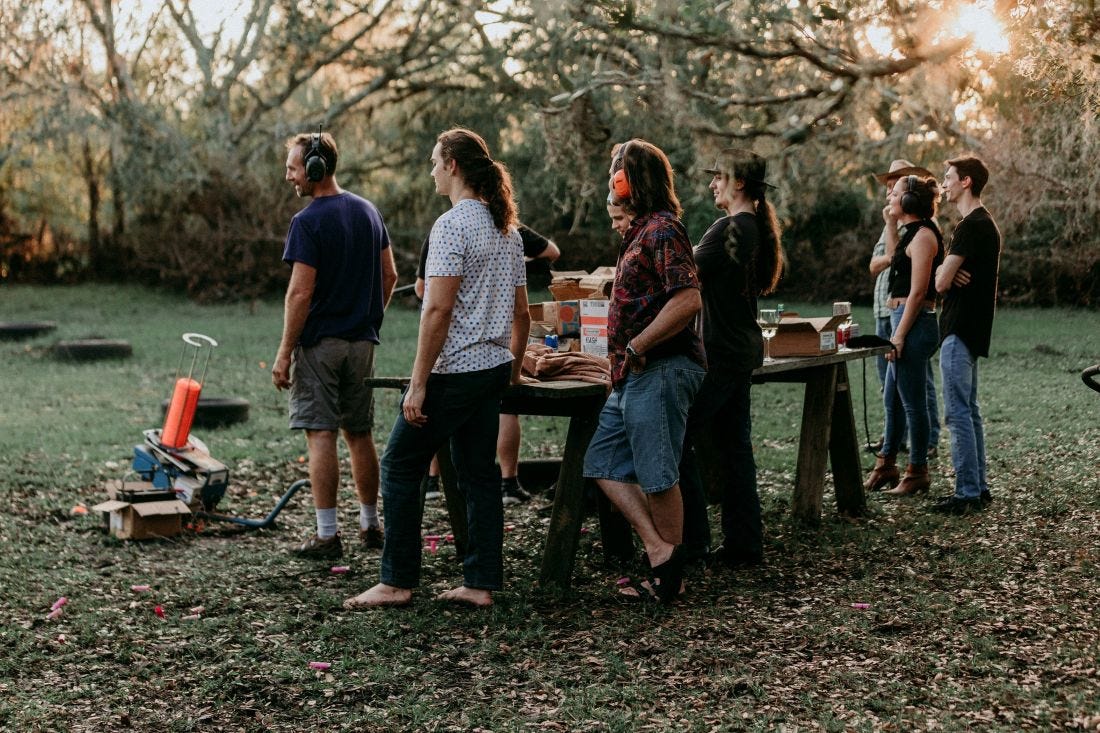
The Second Amendment Foundation’s Investigative Journalism Project wouldn’t be possible without you. Click here to make a tax-deductible donation to support pro-gun stories like this.



